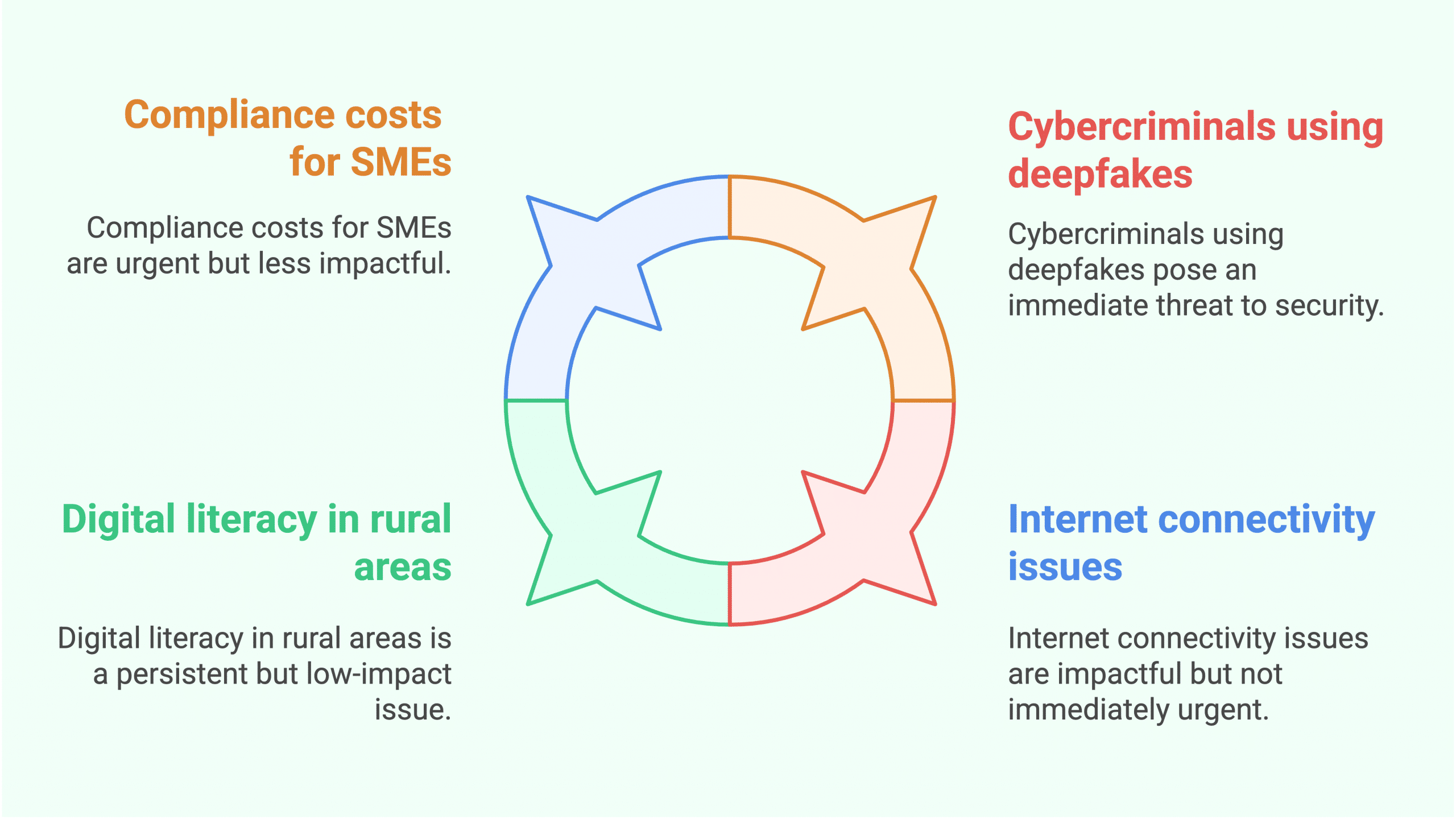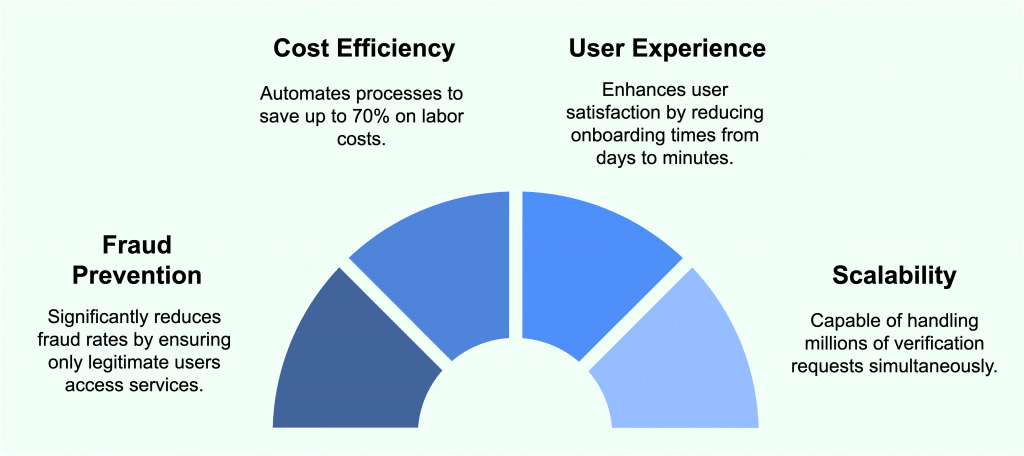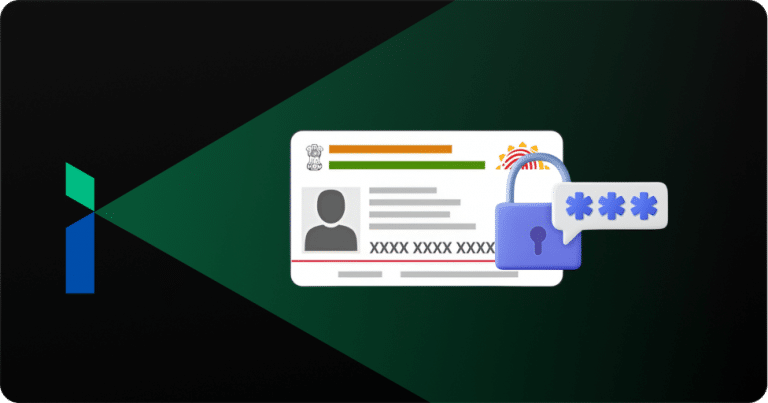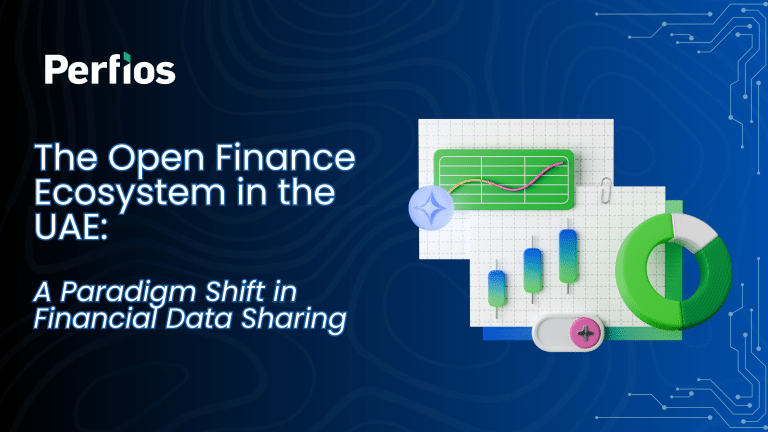Did you know that India’s fintech market is set to hit $150 billion by 2025? But here’s the catch—with great growth comes great responsibility. Enter real-time identity verification API, the unsung heroes ensuring secure, seamless, and scalable financial services.
In a country where digital transactions are skyrocketing, the need for robust identity verification has never been more critical. From Aadhaar-based e-KYC to AI-powered fraud detection, these APIs are revolutionizing how fintech companies operate. Whether it’s opening a bank account, applying for a loan, or making a payment, real-time identity verification APIs are the backbone of trust and efficiency in India’s fintech ecosystem.
This blog dives into how real-time identity verification API are empowering India’s fintech landscape. We’ll explore their role in reducing fraud, enhancing user experiences, and driving financial inclusion. From tackling challenges like deepfake fraud and regulatory compliance to unlocking opportunities for SMEs and rural populations, these APIs are shaping the future of secure transactions. Ready to learn how they’re transforming the game? Let’s get started!
Problem Statement
India’s fintech boom is a double-edged sword. While digital transactions are soaring, so are fraud cases—over 13,000 bank frauds were reported in 2024 alone, costing a staggering ₹139 billion. Traditional verification methods, reliant on manual processes and outdated systems, are slow, costly, and prone to errors. These inefficiencies create bottlenecks for both businesses and users, threatening the very foundation of trust that fintech relies on.
The Pain Points:

- Fraudsters on the Loose: Cybercriminals are leveraging advanced technologies like deepfakes and synthetic IDs to bypass outdated verification systems. These sophisticated attacks are becoming harder to detect, putting both businesses and consumers at risk.
- Costly Compliance: For SMEs, integrating robust identity verification solutions can be prohibitively expensive, with upfront costs ranging from ₹5-10 lakh. Add to that the complexity of navigating ever-evolving regulations like RBI’s KYC mandates and the DPDP Act 2025, and the burden becomes even heavier.
- Digital Divide: Rural areas, which hold immense potential for fintech growth, face significant barriers like poor internet connectivity and low digital literacy. Without addressing these challenges, millions remain excluded from the digital financial ecosystem.
Why It Matters: Without reliable real-time identity verification, the fintech revolution risks stalling. Fraud could erode trust, compliance costs could stifle innovation, and the digital divide could leave entire populations behind. The stakes are high, but so are the opportunities for solutions that can tackle these challenges head-on.
The Rise of Real-Time Identity Verification APIs
What Are They?:
Real-time identity verification APIs are the digital gatekeepers of the fintech world. These APIs use cutting-edge technologies like Aadhaar-based e-KYC, facial recognition, and document verification to authenticate users in seconds. For instance, Aadhaar e-KYC allows businesses to verify identities using the government’s biometric database, while AI-powered facial recognition ensures the person behind the screen is real, not a deepfake. Document verification APIs cross-check uploaded IDs with government records, ensuring authenticity.
Why Now?
The adoption of these APIs has skyrocketed thanks to India’s unique digital infrastructure. The Unified Payments Interface (UPI) has made digital transactions ubiquitous, while Aadhaar has provided a robust foundation for identity verification. Add to that the RBI’s KYC mandates and the DPDP Act 2025, which emphasize secure and compliant customer onboarding, and it’s clear why real-time verification APIs are no longer a luxury but a necessity.
Benefits of Real-Time Verification in Fintech

- Fraud Prevention:
Real-time identity verification APIs are a game-changer in combating fraud. Studies show they reduce fraud rates by 30-60%. For example, e-commerce platforms using these APIs have seen a significant drop in chargebacks and fake accounts. By instantly verifying identities, these APIs ensure that only legitimate users gain access to financial services. - Cost Efficiency:
Automation is the name of the game. By replacing manual KYC processes with APIs, banks and fintech companies save up to 70% on labor costs. For instance, a leading private bank reduced its onboarding costs by ₹50 crore annually after integrating a real-time verification API. - User Experience:
Gone are the days of waiting weeks to open a bank account. With real-time verification, onboarding times have dropped from days to minutes. This seamless experience not only delights users but also boosts conversion rates for businesses. - Scalability:
Whether it’s handling 100 or 10 million verification requests, these APIs are built to scale. For example, during the pandemic, a major fintech platform processed over 5 million verifications in a single month without breaking a sweat.
Challenges and Solutions
- High Costs:
While large corporations can afford to integrate advanced APIs, SMEs often struggle with the high upfront costs (₹5-10 lakh). The solution? Affordable, modular API solutions that allow businesses to pay only for what they use. Companies like Perfios are leading the charge with cost-effective verification tools tailored for SMEs. - Fraud Sophistication:
As fraudsters get smarter, so must the solutions. AI-powered liveness detection and 3D facial recognition are now being used to combat deepfakes and synthetic IDs. For instance, a leading payment gateway reduced synthetic fraud by 40% after implementing AI-powered verification. - Regulatory Hurdles:
Compliance with regulations can be daunting. Real-time verification APIs automate compliance by ensuring all processes adhere to the latest legal requirements. This not only reduces the risk of penalties but also builds trust with customers.
Trends to Watch
The future of real-time identity verification APIs in India’s fintech sector is nothing short of revolutionary. Here’s what’s on the horizon:
- AI and Blockchain:
The combination of AI and blockchain is set to redefine fraud detection and identity verification. AI will enhance real-time analysis of user behavior, while blockchain will enable decentralized identity verification, giving users control over their data and improving security. - Digital Identity Wallets:
By 2026, over 500 million users globally are expected to adopt blockchain-powered digital identity wallets. These wallets will replace physical IDs, allowing users to share verified credentials instantly and securely. - Financial Inclusion:
APIs will play a pivotal role in bridging the gap for underserved populations. By enabling seamless KYC and onboarding, they’ll bring millions into the formal financial system, unlocking opportunities for loans, insurance, and savings. - India’s Global Leadership:
India’s UPI and Aadhaar systems are already inspiring global fintech innovation. As other countries look to replicate these models, India is poised to become a global leader in digital identity and financial technology.
The future is bright, and real-time identity verification APIs are at the heart of this transformation.
Ready to explore how real-time verification can empower your fintech business? Whether you’re a startup or an established player, now’s the time to embrace the future of secure transactions. Let’s chat and take your business to the next level!













